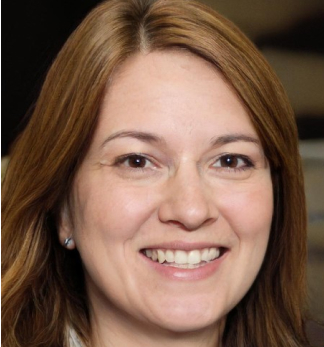COVID-19 Triggers Stress and Mental Health Problems in Teens
More than 45% of high school students report feeling stressed from school and the COVID-19 pandemic. This information is from a new survey released on Friday, February 5. Virtual learning is still taking place for about 50% of high school students in the United States. The lack of social interaction and screen fatigue are surmised by mental health experts to be the two leading causes of the decline of mental health in high school students.
What One School Psychologist Did to Help Her Students
Before the winter break, one school psychologist partnered with other mental health staff in her community to create an advisory lesson for students to learn about mental health. The pandemic is now a long-lasting traumatic event. It has affected everybody. The purpose of creating the lessons was to help students understand that trauma can get worse if the feelings are not dealt with in a healthy way.
What a School Counselor Did
School counselors play a big role in promoting student wellness. They are concerned about student mental health. One found that connecting with students has been more difficult due to the virtual learning environment. One school counselor found that she was able to reach out to students one-to-one through Zoom meetings. She also created small peer-to-peer discussion groups through Zoom.
How the Pandemic Has Affected High School Students
A freshman in high school who has been on 100% virtual learning this year. She said it has been more stressful than past years of school because of the digital environment. She said the technology is the culprit. Her home's Wi-Fi sometimes cuts out, which then kicks her out of the live call or Zoom. It can also end up erasing her work on a document. There are times when she can't hear what the teacher says, and she is embarrassed to ask the teacher to repeat themselves. She also gets distracted by the stuff and mess in her room, but if she were in the main part of the house, the school activities of her siblings and the work of her parents would also distract her.
Why Engagement Is Important
Teachers can use breakout rooms to promote discussion among students. However, if they get put in the breakout session with someone they don't know, they might not want to say anything. At times, the conversations feel forced. The high school freshman calls her friends, but it's not the same. She plays online video games like Minecraft, which offers a chat function. She has also gone on bike rides with her friends, and they all wore masks.
Counselors Say It's Okay to Bend a Few Rules for the Sake of Mental Health
In the past, the school counselor has recommended limiting the time kids spend playing video games. However, she says that parents could be more lenient now if it is one of the few ways their kids can connect with peers. The counselor's favorite game for kids is called House Party. The counselor adds that the isolation is making kids with anxiety and depression worse. She hopes that the vaccines available for COVID-19 will start the world on a path to economic and social recovery from the pandemic. The district's teachers have started to get their first COVID-19 vaccinations.
Academic Fallout
Kids are often worried and stressed about grades. One district offered a rolling grade book. This allows kids to finish or redo work from past quarters and earn a better grade. It also reduces the students' stress. A few school districts are considering keeping the rolling grade book for future academic years.
Suggestions for Improving Student Mental Wellness
The school counselor recommends that students balance their studies and mental health. They should do some homework and study every day. They should also do something else, like a bike ride or a walk. They should do something for themselves, like reading a book or painting their fingernails. Students are also strongly encouraged to contact a school counselor or psychologist if they have trouble focusing, lose pleasure in their favorite activities or think of harming themselves. They also encourage the students to just reach out if they are in need of some extra support for their mental or academic wellness. In most school districts, teachers, school counselors and school psychologists are all available for one-on-one discussions with students who need some extra help.

















